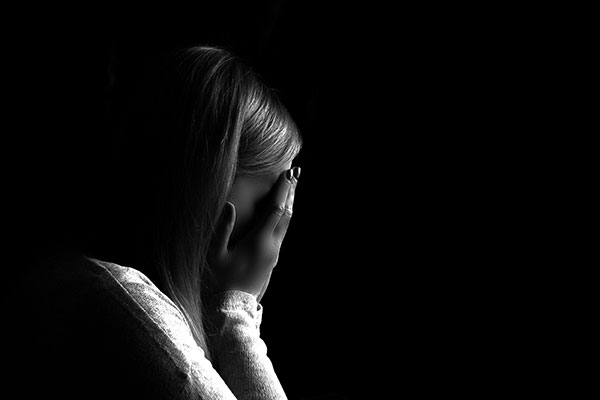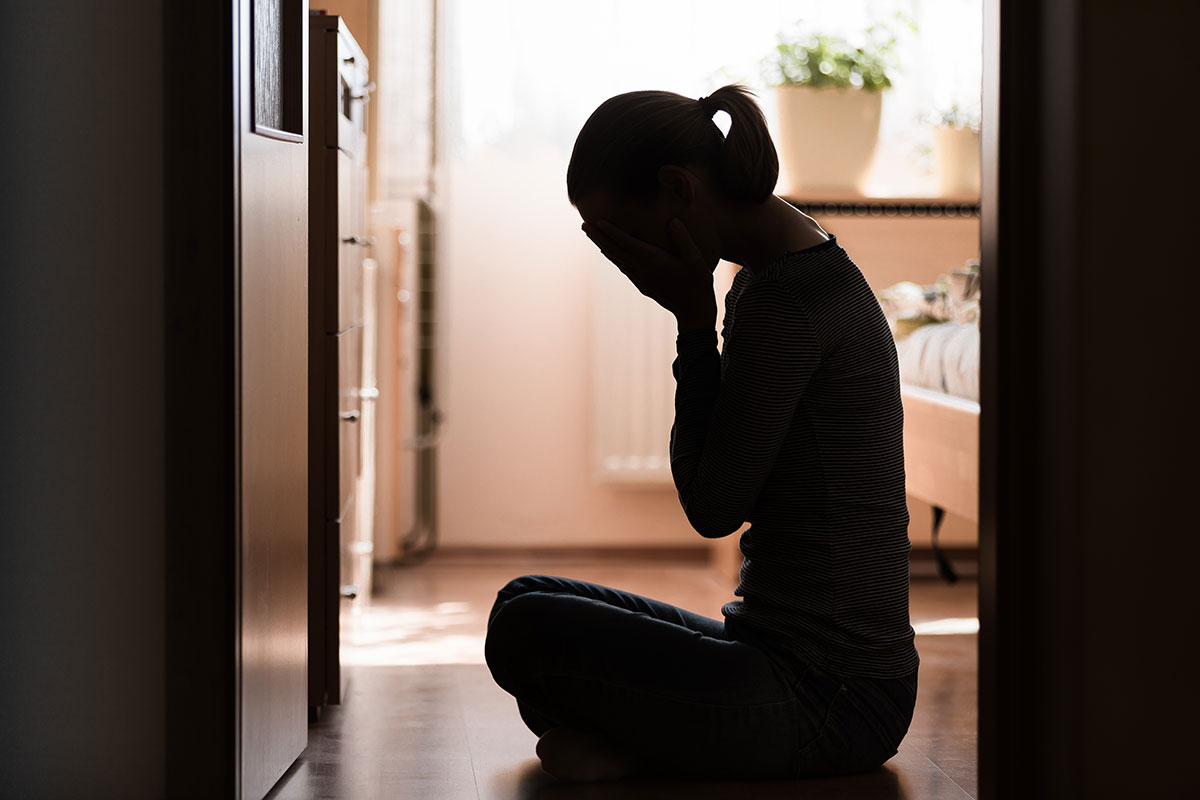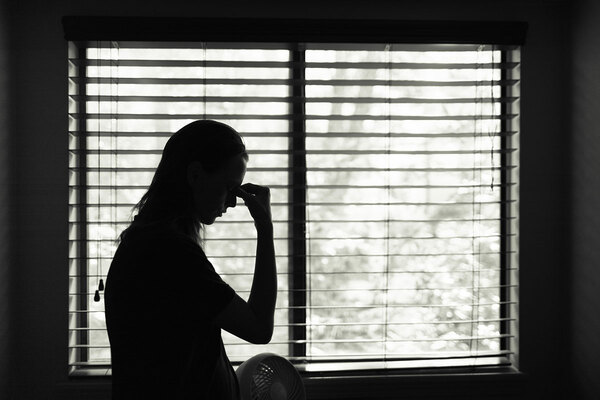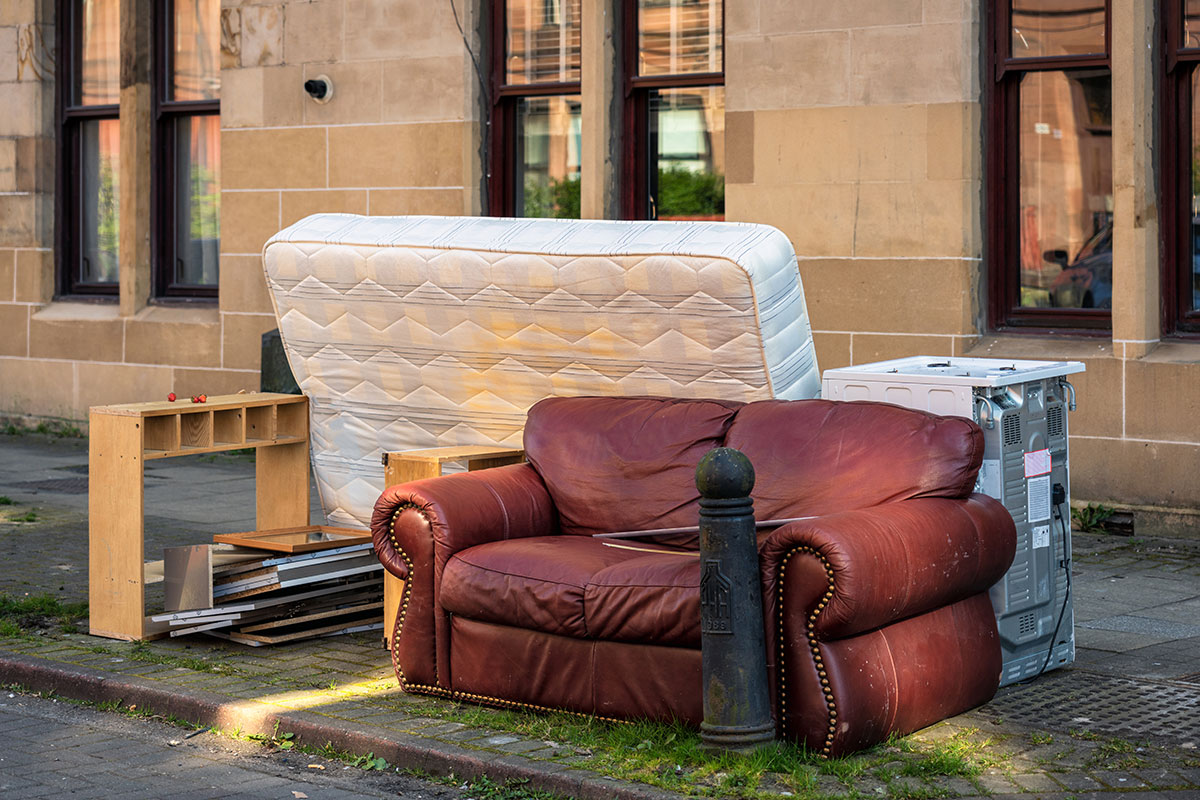You are viewing 1 of your 1 free articles
Survivors of domestic abuse deserve dedicated move-on housing – where is it?
With a worryingly high number of survivors finding themselves homeless, the need for ringfenced and dedicated move-on options for women is paramount. Too often, it is not being provided, writes Amy Doyle
One of the starkest and most devastating consequences of COVID-19 has been its impact on domestic abuse. For many of us, being consigned to our homes for months meant social isolation, but it also meant more time spent with our families.
For women in abusive households, successive lockdowns turned homes into prisons and removed safety nets such as social lives and work. Virtually every form of domestic abuse dramatically increased during lockdowns, as victims were trapped with their abusers.
To make matters worse, restrictions also limited mechanisms of identifying and measuring abuse.
This was compounded by the existing funding crisis for domestic abuse accommodation and services, itself exacerbated by COVID-19 and its impact on funding, as well as the demand for and availability of services.
With support and services decimated, it is little wonder that government data released last month showed a record number of domestic abuse survivors becoming homeless. A gut-wrenching one in six new homelessness cases in England between April and June 2021 were a result of domestic abuse.
Recent highly publicised murders of women and the ceaseless work of domestic abuse survivors and campaigners have at last made the epidemic of domestic abuse and violence against women and girls a political priority.
The long-awaited Domestic Abuse Act finally passed through parliament this year. It ratifies clearer and broader definitions of what constitutes domestic abuse, places a legal duty on local authorities to provide survivors with safe accommodation, and provides them with some of the financial means to do so.
Crucially, it also ensures survivors have priority need for housing if they become homeless. The urgency of this is clear, given the huge surge in victims becoming homeless over the past year.
As part of the act, the mayor of London received £20m in funding for new duties, the spending strategy for which was published earlier this month.
It is promising to see marginalised victims, often overlooked in the policymaking process, such as those with no recourse to public funds (NRPF), comprehensively considered in this strategy.
However, this consideration significantly lacks substance or indeed a coherent, chronologised delineation of where and how this cash will be designated. In short, there is no clear strategy.
Despite this progress in policy, frustrations persist – not least because £20m in funding to deliver real and radical change to the thousands of vulnerable victims in one of the largest and wealthiest cities on the planet is like trying to buy a Chelsea townhouse with savings from your piggy bank.
The clearest shortfall in the act and the mayor’s strategy is the lack of any form of long-term planning. The additional funding provisions for emergency accommodation and immediate services are welcome.
Yet there lacks a will to commit to – or indeed even a recognition of – pathways that enable women and their children to live in safety and prosperity for the rest of their lives. This requires safe and secure move-on housing options.
Female victims with older male children – a very large population of survivors of abuse – are often precluded from accessing refuges due to the age and gender of their child. This was the founding purpose of our Rhea Project, run in partnership with domestic abuse charity Solace Women’s Aid and Southwark Council.
Survivors are identified and referred via Southwark’s housing department, before being assessed by a Solace staff member embedded within the Southwark housing team.
Following acceptance into one of eight properties, which Commonweal provides at a subsidised rent, the Rhea key worker provides strategic one-to-one support to survivors for up to 12 months. As well as emotional support, this can include practical advice around such issues as children gaining places in new schools or helping with benefits forms.
The impact is powerful: evaluation interviews found the project has improved survivors’ well-being, confidence and sense of empowerment, and capacity for self-advocacy, as well as their ability to ‘hope and dream’ for the future.
Most critically, however, it promotes timely and appropriate move-on support to long-term, secure and appropriate accommodation in a safe area of the city. This is so often lacking for survivors and can be a factor in their returning to previous or new domestic abuse situations.
There are other issues around the new legislation, such as the vague notion of ‘services’ included in the mayor’s strategy, which does not dig deep enough into what survivors actually need, but it is the unmapped future of survivors that concerns me most.
With a worryingly high number of survivors finding themselves homeless, the need for ringfenced and dedicated move-on options for women is paramount.
By building social housing that exists solely to protect survivors of domestic abuse, we can at last free them from abusive households and ensure that they and their children have a safe and hopeful future. This is how we save lives and build a better future for survivors.
Amy Doyle, deputy chief executive, Commonweal Housing
Sign up for our daily newsletter
Already have an account? Click here to manage your newsletters





